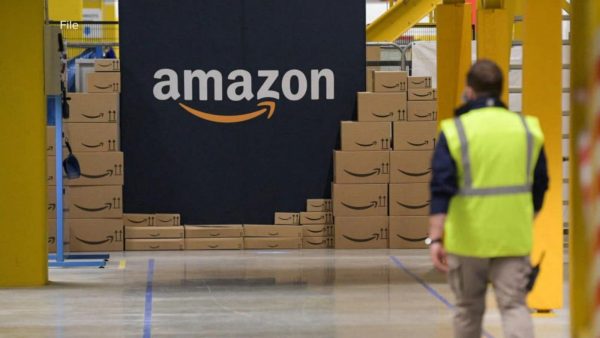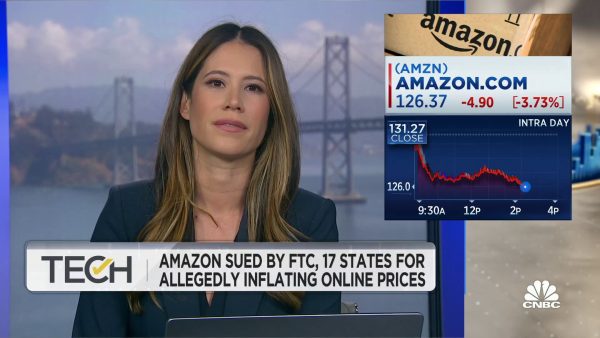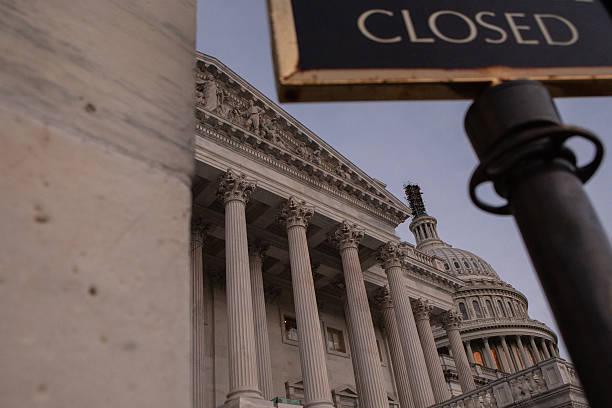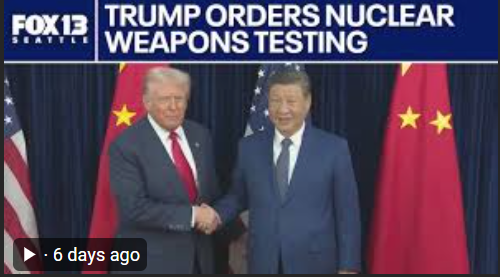 The Federal Trade Commission (FTC) and 17 states are suing Amazon in a landmark monopoly case, which has been going on for several years now. The states involved in the case are Connecticut, Delaware, Maine, Maryland, Massachusetts, Michigan, Minnesota, New Jersey, New Hampshire, New Mexico, Nevada, New York, Oklahoma, Oregon, Pennsylvania, Rhode Island, and Wisconsin. They have created a complaint document that is over 172 pages, stating Amazon unfairly promotes its own platform and services at the expense of third-party sellers who rely on the company to sell their products. For example, the FTC has claimed Amazon has, “…harmed competition by requiring sellers on its platform to purchase Amazon’s in-house service in order to secure the seller’s benefit, which is referred to as Prime,” and also claims they forced businesses to list their products at the lowest price, instead of allowing them to put their products as their own price.
The Federal Trade Commission (FTC) and 17 states are suing Amazon in a landmark monopoly case, which has been going on for several years now. The states involved in the case are Connecticut, Delaware, Maine, Maryland, Massachusetts, Michigan, Minnesota, New Jersey, New Hampshire, New Mexico, Nevada, New York, Oklahoma, Oregon, Pennsylvania, Rhode Island, and Wisconsin. They have created a complaint document that is over 172 pages, stating Amazon unfairly promotes its own platform and services at the expense of third-party sellers who rely on the company to sell their products. For example, the FTC has claimed Amazon has, “…harmed competition by requiring sellers on its platform to purchase Amazon’s in-house service in order to secure the seller’s benefit, which is referred to as Prime,” and also claims they forced businesses to list their products at the lowest price, instead of allowing them to put their products as their own price.
Amazon has been going through these allegations for multiple years, but has never really gained public attention, so why now? Reporters say we probably won’t see Amazon in court anytime soon, and the lawsuit will take a few more years to take place. The FTC doesn’t want Amazon to go out of business – they just want to give businesses a fair chance when selling products. However, FTC chair, Lina Khan, left open the possibility that Amazon higher-ups can be held responsible if they discover significant evidence for their illegal behavior. “Amazon is now exploiting its monopoly power to enrich itself while raising prices and degrading service for the tens of millions of American families who shop on its platform and the hundreds of thousands of businesses that rely on Amazon to reach them,” Khan said. “Today’s lawsuit seeks to hold Amazon to account for these monopolistic practices and restore the lost promise of free and fair competition.”
With all this backlash, David Zapolsky, Amazon’s senior vice president of global public policy, has given a statement and denied the accusations the FTC has made. “If the FTC gets its way, the result would be fewer products to choose from, higher prices, slower deliveries for consumers, and reduced options for small businesses — the opposite of what antitrust law is designed to do,” he said. “The lawsuit filed by the FTC today is wrong on the facts and the law, and we look forward to making that case in court.”
In another blog post, Zapolsky warned that the FTC suit could not only force Amazon to list products at a higher price than on rival marketplace; it also could raise their costs of doing business. Even though serious charges have been applied, it’s unlikely Amazon will stop being a huge corporation. It’s been around for about two decades, and people have grown to love it all around the world.

















